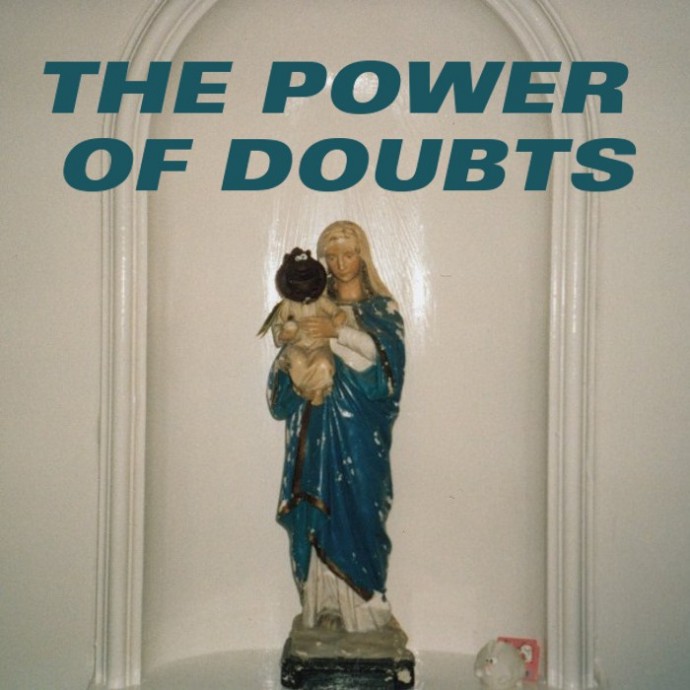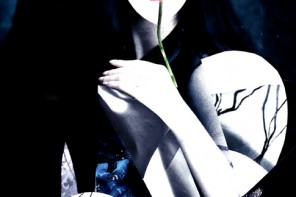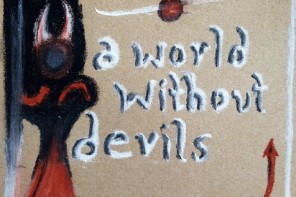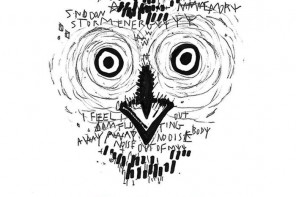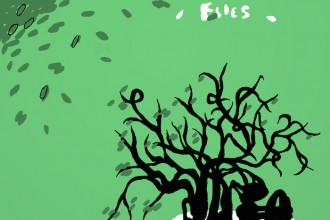There is a general tendency with religion to see it as an absolute “either you believe or you don’t” and if you believe then you will feel happy and whole. This dichotomy of choice between two options of a life of “uncertainty” vs. a life of “certainty” is a modern invention that renders null and void the relationship between faith and reason as well as undermines the basic need for faith in our everyday life.
Mark Murphy discusses his education and how, through theology and philosophy, he arrived at the admission that faith can only exist if there is some semblance of doubt in a person’s life.
“When I was young, very young, I was told by the head teacher in primary school that she didn’t believe in hyperactivity in young people, but I was, from her perspective, definitely hyperactive. I had an overactive imagination and found it difficult to concentrate on a lot of subjects. This overactive imagination and a general difficulty with concentration carried through to secondary school; I eventually left school at 13 to be home educated due to bullies. My parents lost faith in state school education but could not afford private so I stayed at home until I was 15 undertaking basic education through various private tutors and eventually made the decision to go to a further education college at 15. I was the youngest there and my tutors thought that my inability to focus on academic work would only make me suitable to be a builder. It was at this point that I became interested in martial arts and after I entered many competitions, I became a champion and thanks to the strength of my athletic ability, I was accepted in university to study sport science. After my first year of studying sport science I became disillusioned and decided to study philosophy and theology. It was here that I really began to understand what education was about. I have been at the same university ever since and now I am a teacher of Philosophy and Theology in South London.
During my time at the university, I was given the tools to think carefully about the question of faith and its relationship to reason. I started studying Theology and Philosophy with a deep scepticism about it as a valid academic subject. For a long time, I constantly sought proof for God’s existence whether this was experiential, logical or empirical. I suppose on a basic level I thought that philosophy and theology were going to furnish me with irrefutable arguments which were going to prove the existence of God for me. This was certainly not the case. What I understood is that theology can give you tools to explain why you have faith though the aim is not to give you irrefutable proof. Faith can only exist if there is presence of doubt in a person’s life as, after all, faith is subjective and not objective…You wouldn’t ask for scientific proof that someone loves you, that’s absurd, you’d take it as a given and make a leap of faith toward that promise that someone has given you and you just live as if it was true.
Throughout my life I have always had a difficult relationship with religion and faith but I always believed at some point in my life there would be a profound experience that would nudge me to believe “properly”. In studying Theology and Philosophy, I began to realise that there is currently incompleteness of understanding in what belief actually is. Indeed, there have been moments in my life where this doubt has been exacerbated. For a brief time in Liverpool when I was young, after my dad lost his job at the docks during the 80s, we lost our house and for a time my mother and I were homeless on the streets of Liverpool. I remember distinctly having for the first time in my life a deep sense of the absence of God. This sense of uncertainty made me reflect even more on the importance of having doubts in order to have faith and sort out the basic task of logic of our everyday life. Rather than seeing my “doubt” as being something that needed to be eradicated it was something that I wanted to explore in depth.
There is a long tradition in theology which demonstrates the importance of doubt and uncertainty in religious experience. I suppose discovering this made me realise that doubt plays a fundamental part in both our intellectual and emotional make up. If we didn’t have doubt, we couldn’t do the basic things in life. On the other hand, at an existential level, how we deal with emotional doubt in our life forms the basis of human relationships at an ethical, social and political level as we have these systems in place to help deal with human doubt. At an intellectual level you can refute doubt with fact and truth but at an existential level you refute it with trust and faith. I do not doubt that 2 and 2 is 4 this is a logical fact!
Part of my job as an educator is to demonstrate the importance of educating the whole person because I think young people are not just cogs in a machine but are human beings, and an important aspect of what it means to be human is to understand there is something irreducible about our existence that cannot be simplified by mere functional rationality. Faith means taking seriously that human beings can’t be fully objectified. Part of my current work is finding the connection between those who believe in God and those who don’t. I believe the connection between them is found in the profoundness of human subjectivity.
The problem with the religion debate and doubt is the assumption that if a person has faith then he or she must not have doubt at all, which is simply not the case. I believe in a world where people can share ideals and doubts and create more questions. My ideal world is a world with more questions, not more answers…Hang on, I think we’ve got that world already, lucky me…and to all of you out there, please keep on doubting!

